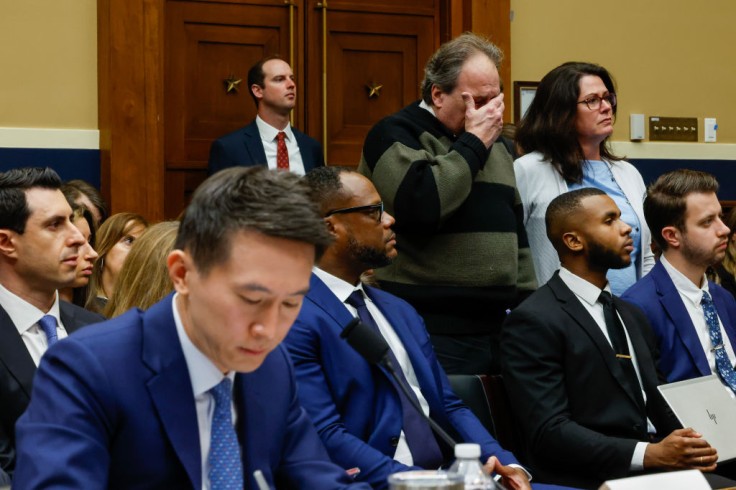
In a landmark legal development that underscores the intersection of technology, constitutional rights, and child safety, a coalition led by industry giants X, TikTok, and Meta has launched a federal lawsuit against the state of Utah.
The legal action is in response to the state's pioneering legislation, signed into law by Republican Governor Spencer Cox in March, which imposes unprecedented restrictions on minors' access to social media platforms.
This move signifies a pivotal clash between tech industry leaders and the state's commitment to regulating children's online safety.
Tech Giants Unite Against Utah's Social Media Laws
Utah's legislative measures have triggered a unified response from major players in the tech industry, with X (formerly Twitter), TikTok, and Meta (Facebook and Instagram) joining forces to challenge the regulations set to be enforced starting March 1, 2024.
The laws, among other provisions, stipulate that minors cannot access social media between 10:30 p.m. and 6:30 a.m. without parental authorization.
Additionally, age verification is mandated for the opening and maintenance of social media accounts within the state.
At the forefront of this legal action is the NetChoice trade group, which contends that while Utah's intentions to safeguard children from potentially harmful online content are commendable, the regulations extend beyond constitutional boundaries.
The lawsuit argues that these laws not only limit access to public content but also jeopardize data security and undermine parental rights by exerting undue control over digital tools.
Chris Marchese, Director of the NetChoice Litigation Center, emphasizes the group's commitment to ensuring that Utahns can use digital tools without what they perceive as excessive government control.
Concerns Over Implications on Children's Online Safety: TikTok, Meta, and Utah's Social Media Regulations
Central to the lawsuit is the potential impact of Utah's legislation on children's online safety. Beyond enforcing age verification, the laws impose steep fines on social media companies failing to comply.
The coalition contends that this may lead to the collection of excessive personal information, posing potential threats to online safety.
Furthermore, the laws prohibit the use of any design or feature that could lead a child to become addicted to a social media app, shifting the burden of proof onto companies to demonstrate the harmlessness of their products.
In a bid to address these concerns, NetChoice urges federal intervention, seeking the suspension of Utah's laws' enforcement while the case progresses.
The coalition argues that the regulations, if implemented, could have unintended consequences, impacting children's access to essential tools, news, and communication with peers.
This legal battle echoes similar challenges in other states, underscoring the broader debate on balancing the protection of minors from potential online harm and preserving digital rights.
As Utah finds itself at the forefront of this legal confrontation, the lawsuit filed by the NetChoice coalition aims not only to challenge the specific laws in question but also to set a precedent for the future of social media regulation in the United States.
The outcome of this battle will undoubtedly shape the landscape of digital rights and online safety for minors nationwide, with far-reaching implications for both technology companies and the broader society.